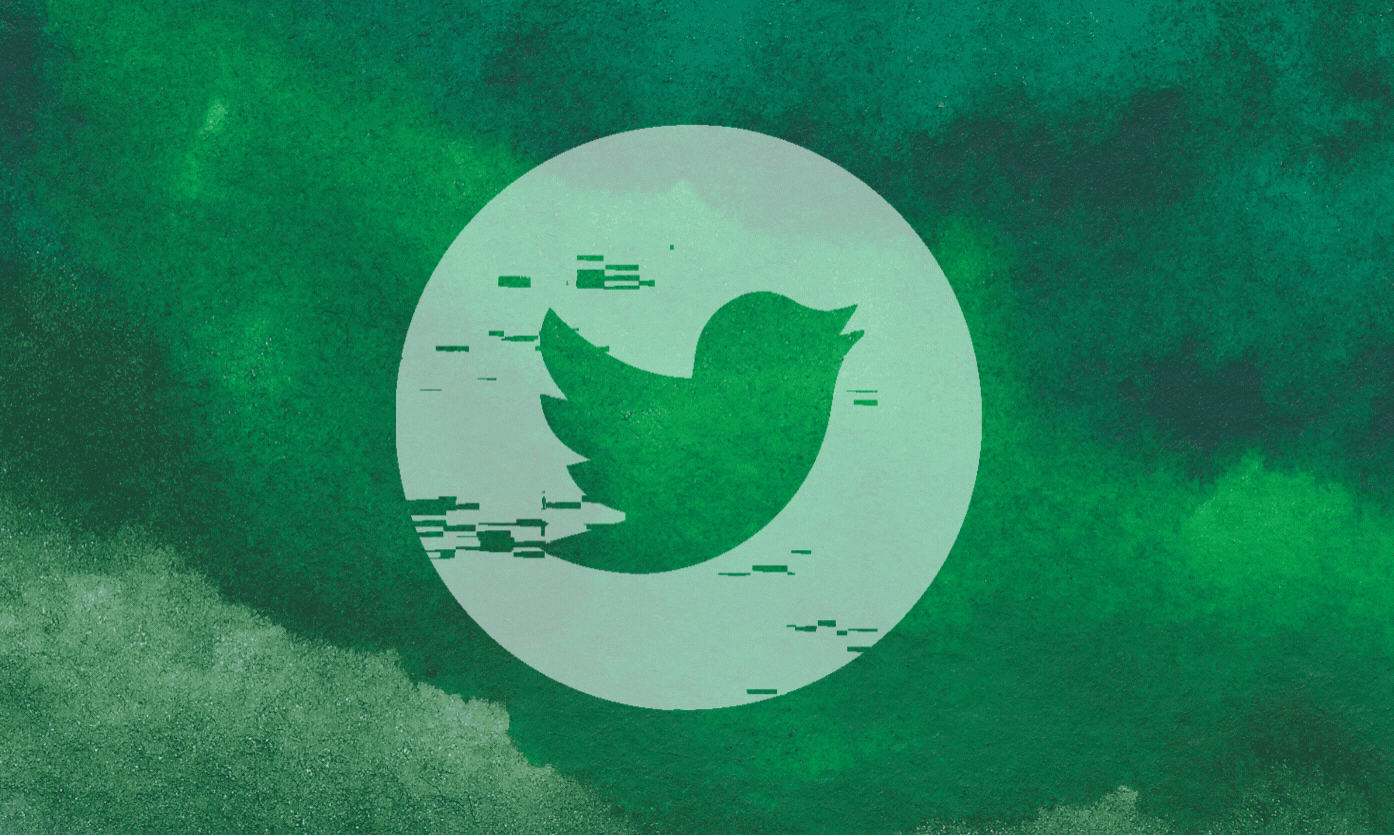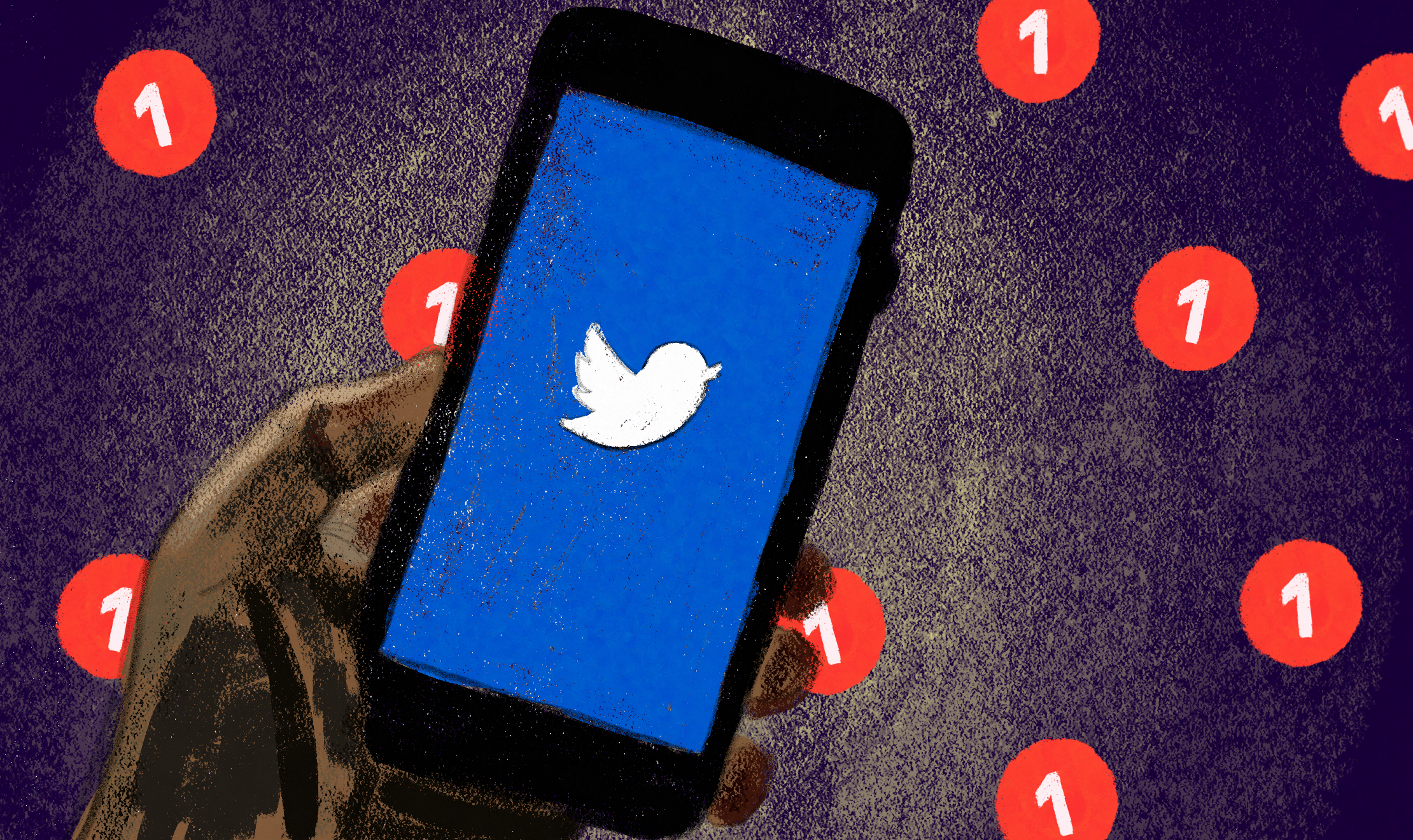
Women are addressing systemic inequalities by using #WasteHisTime2016
Kuba Shand Baptiste
13 Jan 2016
Twitter is a breeding ground for empty threats and over-hyped proclamations, especially during the tail-end of December, when vows to adopt new philosophies (and hashtags) in preparation for the new year, swamp social media.
2016 was no exception. Merely a week into January, Twitter users whipped social media hungry publications into a frenzy with a slew of doctrines new and old, among those being: #ShootYourShot2k16, the annual #NewYearNewMe hashtag and my personal favourite, #WasteHisTime2016.
The hashtag, a pithy response to #wastehertime2016, a vow that a great deal of men had taken in honour of the continuum of using women and their bodies as fodder for their egos, was instantly polarising.
Predictably, articles condemning the unfeminist-ness of the hashtag began to spring up, preaching that eye for an eye activism, even in the form of lighthearted hashtags, is never the right path to take. “There’s a difference between taking a feminist stance and just being downright mean, ladies,” was a VH1 opinion piece’s stance on the matter.
This is a sentiment which, unsurprisingly, seems to be echoed by a great deal of men on Twitter who, at the mere thought of being treated the way that they treat women, are revolting online.
The key issue here however, isn’t whether or not this tongue-in-cheek mantra is a definitive representation of “true feminism”, but rather, why it is that attempts to subvert patriarchal authority inspire the levels of unease that misogyny constantly avoids.
Wading through the hashtag, the very people condemning the mean-spirited nature of #WasteHisTime2016, simultaneously demonstrate the disrespectful attitudes that women who contributed to the hashtag, were mocking in the first place.
The “reactionary man” response:
#WasteHisTime2016 this the shit that get y’all bitches stalked and murdered lmao?
— renovation. (@EdoubleD02) January 6, 2016
#WasteHisTime2016 is basically a bunch of butthurt sadistic feminists who can’t wait to lash out on whatever dick they can scavenge.
— Armond Bushfield (@ABushfield34) January 10, 2016
So bitches letting Twitter get into they heads talking about #wastehistime2016 I want a bitch to waste my time I’ll murder u
— Musical Genesis (@KapitoGreen17) January 9, 2016
The #WasteHisTime2016 is one of the dumbest and cruelest thing someone can do. That’s the reason aliens don’t visit us.
— Adam Madanat (@AdammMad) January 10, 2016
The “if the shoe were on the other foot” response (I mean… The shoe is and has been on the other foot for quite some time):
I think it’s funny girls can post crap like #Wastehistime2016 and think it’s okay but if guys did that it would be totally different #Classy
— Brooke (@brooke812) January 10, 2016
Why is #WasteHisTime2016 even a thing. If is fine men of the US did this then we would have a bunch of feminists getting all pissed off.
— Chase Sexton (@ChaseSexton69) January 7, 2016
The “refers to single (bogus) article in order to expose imaginary injustice” response:
A girl got killed over the #WasteHisTime2016 trend But it’s just Twitter right??
— ☀️SUNNY (@RollingStxonnne) January 8, 2016
Women are becoming players over a fucking trend. The trend #wastehistime2016 already got a 22 yr old killed. That’s enough girls. Grow tf up
— #JanuarySeventeenth (@LindseyMegan17) January 9, 2016
And the “Valentines Day is around the corner ladies, be nice to us or you’ll wind up alone” response:
Girls tweeting #WasteHisTime2016 forget next month is Valentine’s day. #babyiwasplaying2016
— K Dot (@KaineCastro) January 10, 2016
Y’all girls laughing about #wastehistime2016, but when Valentine’s day comes around y’all ain’t gonna have nobody
— Brendon Mann (@ed701fab8e3640b) January 10, 2016
When she spend all of January on that #wastehistime2016 bull shit and Valentine’s Day finally come around pic.twitter.com/LGKsifR2Gf
— Dj Cocoa Butter (@Darius_Emon) January 10, 2016
For the sake of argument, the concept of using sexual and/or romantic partners for personal gain, is upsetting for anyone who’s on the receiving end of such treatment. Generally speaking, it’s well-known that people should treat others with the same respect that they’re afforded, but as countless human rights movements continue to show the world time and again, fair treatment is a privilege too often reserved for those in positions of power.
Deflecting necessary conversations about the damaging ways in which umanifest interpersonally, on the back of feeling personally targeted, is far from helpful during discussions in which the privilege of a group to which you belong is being challenged. It’s the same approach that fuels statements like “all lives matter” in response to #BlackLivesMatter, or backlash against the reminder that all black lives matter, whenever gender, sexuality and disability-specific racism is brought up.
The truth, whether or not those opposed to the hashtag are willing to accept it, is that respect is often a one-sided effort for a lot of women who find themselves in relationships with men. And the use of humour, which is at the root of #WasteHisTime2016, can be cathartic for those who bear the brunt of constant mistreatment.
But if qualifiers are an absolute must in order to appease the fragility of masculinity, what we can all do, is to try to avoid being crappy to each other in general this year, and beyond.









